detail profile julian beck
Peran Yang Di Mainkan Julian Beck
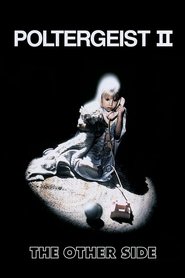 The Freeling family move in with...
The Freeling family move in with...Poltergeist II: The Other Side 1986
The Freeling family move in with Diane's mother in an effort to escape the trauma and aftermath of Carol Anne's abduction by the Beast. But the Beast is not to be put off so easily and appears in a ghostly apparition as the Reverend Kane, a religious zealot responsible for the deaths of his many followers. His goal is simple - he wants the angelic Carol Anne.
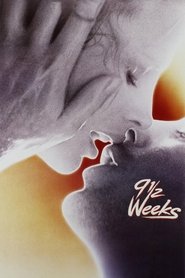 An erotic story about a woman...
An erotic story about a woman...Nine 1/2 Weeks 1986
An erotic story about a woman, the assistant of an art gallery, who gets involved in an impersonal affair with a man. She barely knows about his life, only about the sex games they play, so the relationship begins to get complicated.
 A compilation of avantgarde artwork and...
A compilation of avantgarde artwork and...All Star Video 1985
A compilation of avant-garde artwork and talent of the mid to late 20th century hosted by Ryuichi Sakamoto.
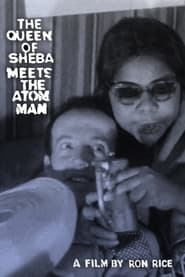 New York plays itself as Taylor...
New York plays itself as Taylor...The Queen of Sheba Meets the Atom Man 1981
“New York plays itself, as Taylor Mead and Winifred Bryan regale in pas de deux among the trashcans and the towers. The Studiedly Goofy and the Monumentally Grand are joined in masterly pas de don’t [...] The awed couple do battle with the status quo and teach the world to dance on the head of a bin. Rice detects real dignity in Bryan and amazing grace in Mead as they essay solitary promenades through the parks, subways and streets of a wintery New York landscape. Photographed and directed by Ron Rice, edited and scored by Taylor Mead.” –Edward Leffingwell
 During the summer of 1966 Jonas Mekas...
During the summer of 1966 Jonas Mekas...Notes for Jerome 1978
During the summer of 1966 Jonas Mekas spent two months in Cassis, as a guest of Jerome Hill. Mekas visited him briefly again in 1967, with P. Adams Sitney. The footage of this film comes from those two visits. Later, after Jerome died, Mekas visited his Cassis home in 1974. Footage of that visit constitutes the epilogue of the film. Other people appear in the film, all friends of Jerome.
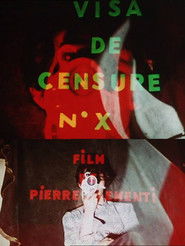 Best known for his roles in...
Best known for his roles in...Visa de censure n° X 1976
Best known for his roles in Belle de jour, Sweet Movie, and many more, Pierre Clementi was also the architect behind a transgressive, high-minded, and disorienting cinema. Like an acid-soaked freefall, Visa de censure n° X is a rush of nudity and color from one of France’s most seductively watchable actors, set to an album's worth of psychedelic prog rock (performed by the Delired Cameleon Family, a group featuring members of French band Clearlight).
 At least forty films have been...
At least forty films have been...Paradise Now 1970
At least forty films have been made about the Living Theatre; it remained to the American underground filmmaker Sheldon Rochlin (previously responsible for the marvellous Vali) to make the 'definitive' film about one of the most famous of their works, Paradise Now, shot in Brussels and at the Berlin Sportpalast. Made on videotape, with expressionist colouring 'injected' by electronic means, this emerges as a hypnotic transmutation of a theatrical event into poetic cinema, capturing the ambiance and frenzy of the original. No documentary record could have done it justice.
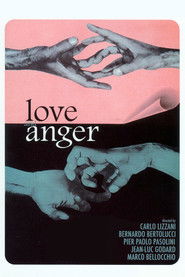 Five short stories with contemporary settings...
Five short stories with contemporary settings...Love and Anger 1969
Five short stories with contemporary settings. In New York, people are indifferent to derelicts sleeping on sidewalks, to a woman's assault in front of an apartment building, and to a couple injured in a car crash. A man, stripped of his identity, dies in bed with actors expressing his agony. A cheerful, innocent young man walking a city street in a time of war pays a price for this innocence. A couple talks about cinema while it watches another couple talk of love and truth on the eve of one character's return to Cuba. Striking students take over a university classroom; an argument follows about revolution or incremental change.
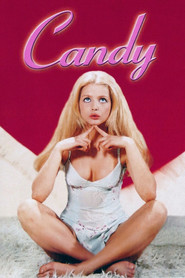 A high school girl encounters a...
A high school girl encounters a...Candy 1968
A high school girl encounters a variety of kookie characters and humorous sexual situations while searching for the meaning of life.
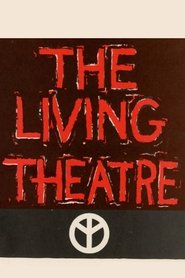 a 32minute color film by Gwen...
a 32minute color film by Gwen...Emergency: The Living Theatre 1968
a 32-minute color film by Gwen Brown, featuring precious footage of Living Theatre productions “Mysteries” and smaller pieces, “Paradise Now” and “Frankenstein.” “The fusion of Brown’s freewheeling direct cinema and the Living Theatre’s performance for revolutionary change (amidst the heydays of both) unite as a dynamic concoction of the era, yielding for the viewer a shifting terrain of both critical insight and ecstatic zeal, not as a vacant nostalgia for a pre-commodified radicality, but as tactical inspiration for future days.” – Andrew Wilson (Artist’s Access Television)
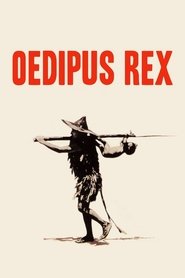 In prewar Italy a young couple...
In prewar Italy a young couple...Oedipus Rex 1967
In pre-war Italy, a young couple have a baby boy. The father, however, is jealous of his son - and the scene moves to antiquity, where the baby is taken into the desert to be killed. He is rescued, given the name Edipo (Oedipus), and brought up by the King and Queen of Corinth as their son. One day an oracle informs Edipo that he is destined to kill his father and marry his mother. Horrified, he flees Corinth and his supposed parents - only to get into a fight and kill an older man on the road…
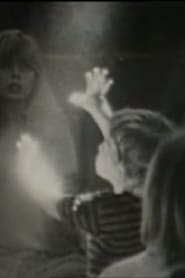 Series of three short Pop Films...
Series of three short Pop Films...The Lost Paths 1967
Series of three short 'Pop Films' directed between 1966 - 67 for French television by Philippe Garrel. Includes footage of The Living Theater in rehearsal, interviews with Julian Beck and Judith Malina, Donovan in concert and The Who in the studio recording 'Pictures of Lily'. Re-broadcast on INA in 1984.
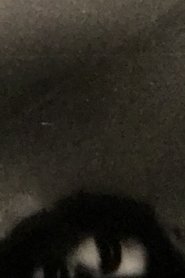 Leonardis film about the Living Theatre...
Leonardis film about the Living Theatre...Living & Glorious 1965
Leonardi's film about the Living Theatre is less concerned with a straight documentary presentation of the exile theatre group from New York, but rather is concerned with the specific atmospheric factor which is indicated by their name, and which constitutes the highly suggestive effect of their playing. Cutting, for Leonardi, is the most decisive aesthetic device. The result is a wonderfully composed furioso of pictures. The hand-held camera catches rehearsals, conversations without sound, bits of theatre and daily life actions (which, for Living Theatre people, is very often intermixed).
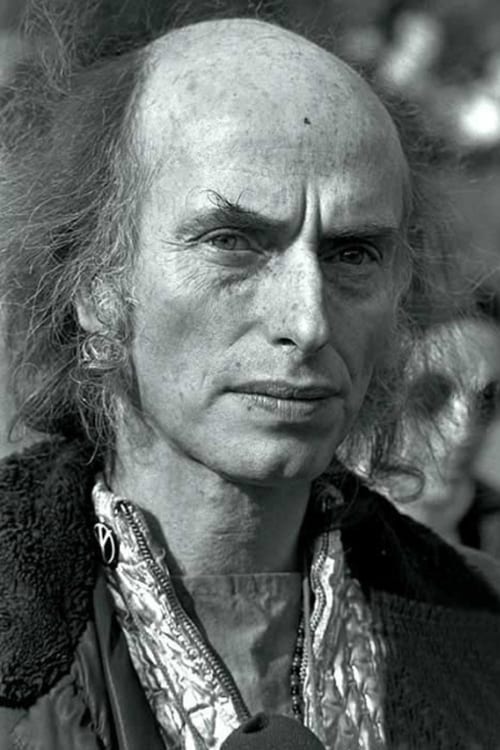
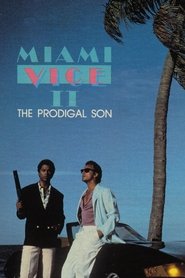 Crockett and Tubbs head to New...
Crockett and Tubbs head to New...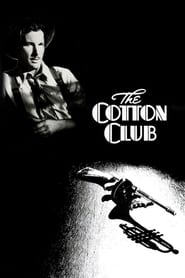 Harlems legendary Cotton Club becomes a...
Harlems legendary Cotton Club becomes a...